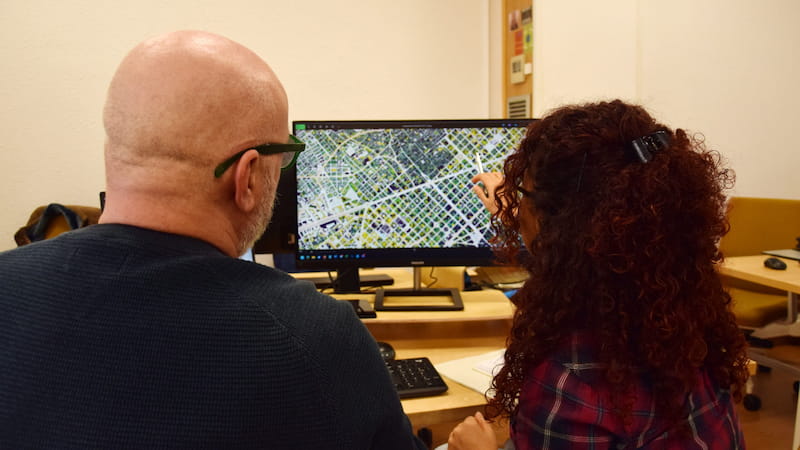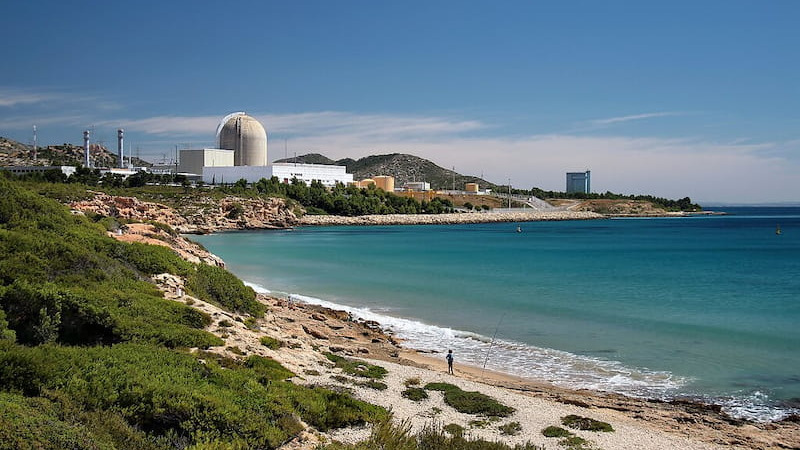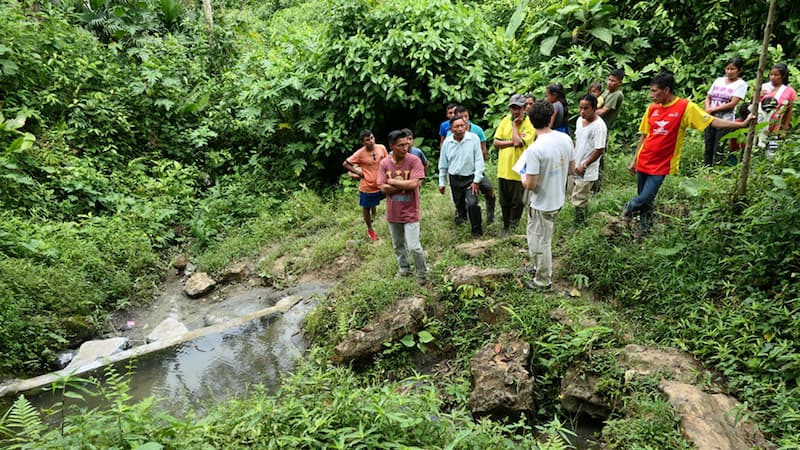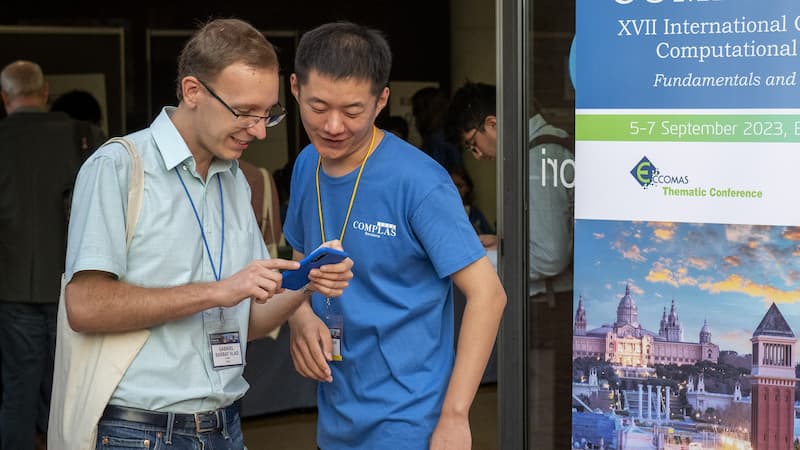ABSTRACT
The diffraction limit of light restricts the spatial resolution of standard optical microscopes to about 200 nm. To overcome this barrier and reveal structures of critical importance in biology and materials science, two main strategies are typically pursued: (i) improving hardware and acquisition protocols— often costly and potentially damaging to samples—and (ii) developing advanced image reconstruction methods that extract additional information from existing data. This latter approach leverages physical priors, such as knowledge of imaging models and noise statistics, together with structural or temporal assumptions about the sample. Recent advances in machine and deep learning have further enabled interpretable, model-aware, data-driven methods, where physical models are enriched by insights learned from data. In this talk, I will outline the physical principles and mathematical foundations of modern fluorescence microscopy reconstruction techniques, including fully model-based localisation approaches based on the minimisation of non-smooth and non-convex functionals, as well as hybrid methods for image deconvolution and super-resolution that combine deep neural architectures with provable convergence guarantees.
SPEAKER
 Luca Calatroni is Associate Professor at the Department of Informatics, Bioengineering, Robotics and Systems Engineering (DIBRIS) at the University of Genoa (Italy), and Principal Investigator of the Computatio- nal Imaging & Learning (CIL) unit at the Machine Learning Genoa Center (MaLGa). He earned his PhD in Applied Mathematics at the University of Cambridge (UK) in 2015. His prior affiliations include post-doctoral research at the École Polytechnique (France) and a research scientist position at CNRS – I3S, Sophia-Antipolis (France). His research focuses on variational and optimisation methods for imaging inverse problems, non- smooth/non-convex optimisation, and physics-inspired learning
Luca Calatroni is Associate Professor at the Department of Informatics, Bioengineering, Robotics and Systems Engineering (DIBRIS) at the University of Genoa (Italy), and Principal Investigator of the Computatio- nal Imaging & Learning (CIL) unit at the Machine Learning Genoa Center (MaLGa). He earned his PhD in Applied Mathematics at the University of Cambridge (UK) in 2015. His prior affiliations include post-doctoral research at the École Polytechnique (France) and a research scientist position at CNRS – I3S, Sophia-Antipolis (France). His research focuses on variational and optimisation methods for imaging inverse problems, non- smooth/non-convex optimisation, and physics-inspired learning
frameworks, with applications in computational microscopy, digital art restoration and vision. He is PI of the ERC Starting Grant MALIN: Model-Aware Learning for Imaging Inverse Problems in Fluorescence Microscopy and has also secured major national grants including the ANR JCJC TASKABILE on the use of bilevel learning for image reconstruction and, as Co-PI, of the ANR PRC MICROBLIND on blind inverse problems for computational microscopy.






